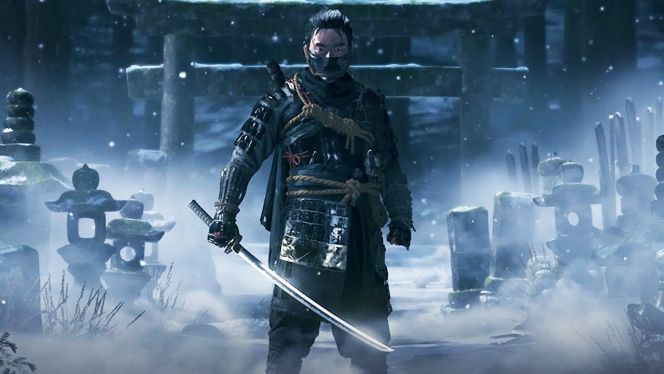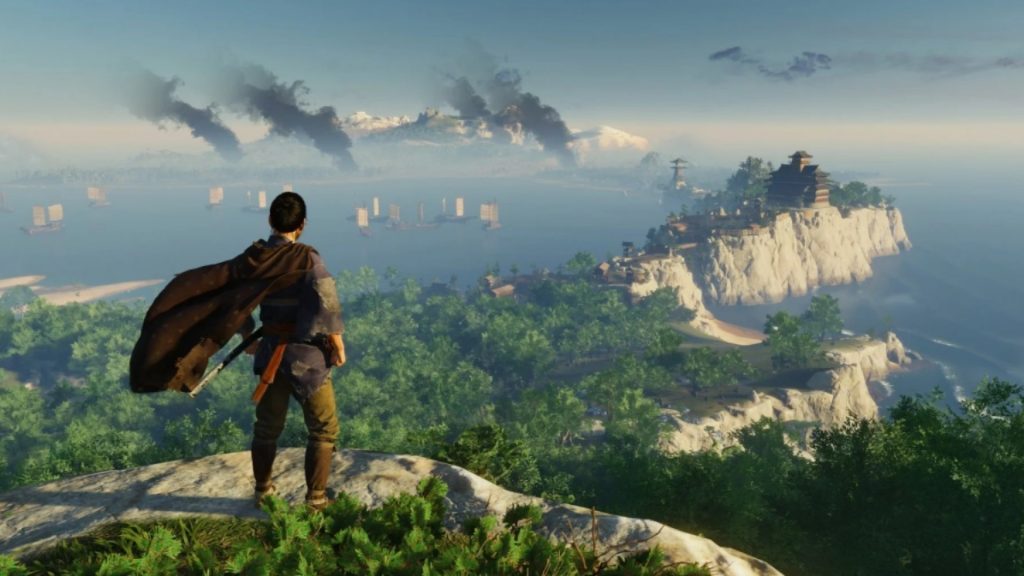

If you've killed certain characters, completed the main game, or made a particular choice in the finale, there'll be dialogue that reflects those moments. It's a small thing, but it's also worth noting that pieces of the narrative reflect where you are in the story, which is a nice touch. I liked the change of pace and it works well for anyone who wants to better understand just who Jin really is. The result is a surprisingly introspective look at Jin's trauma, forcing him to literally face childhood fears and much more emotional threats while still confronting the very real, physical foes in front of him. Unlike the warring Khan, she seeks to corrupt and control by influencing your mind, inducing hallucinations with a powerful poison. Even with maxed-out abilities, Jin is unprepared for The Eagle, the main villain of Iki Island. Even on medium difficulty, it had me rethinking how I approached engagements. It's a nice change that really keeps you on your toes. The new Mongol tribe is tougher because they're well aware Jin can swap stances to adjust to different weapons, so many of them have started carrying multiple pieces of gear, switching from spears to shields at a moment's notice. You also can't leave until you finish the main plot on the island, so plan accordingly.

You can choose to play this expansion after the events of the main game or as early as reaching Act 2, but I'd recommend the former, as the story flows a bit better that way and the enemies you'll face are more difficult than anywhere else in the game. This new story has protagonist Jin Sakai hunting down a new faction of Mongols, eventually leaving him stranded on the aforementioned island.

Single-player campaign, four player co-op modeĪs for what's new, the main draw is the Iki Island expansion.


 0 kommentar(er)
0 kommentar(er)
